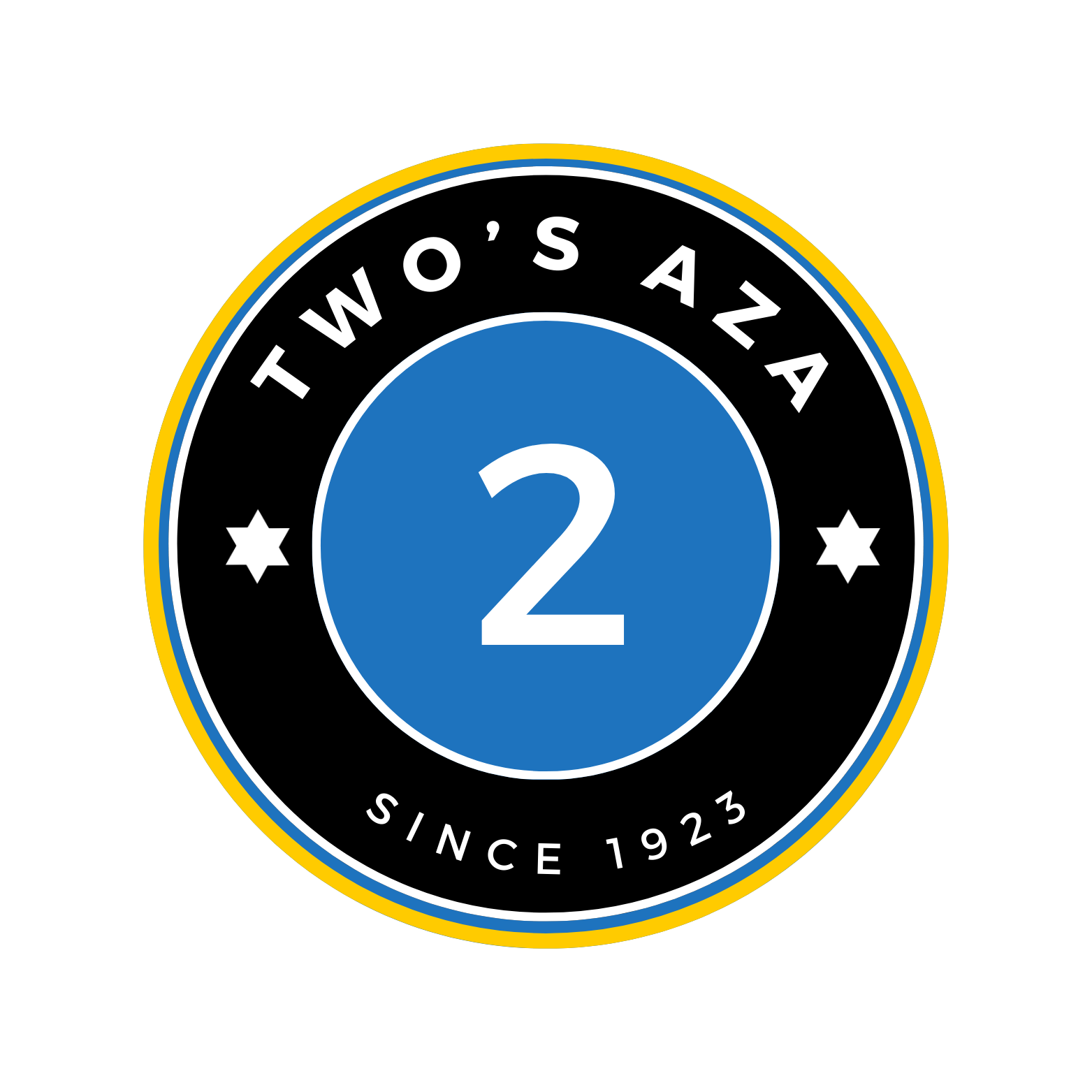

Yudell Luke
By Yudell Luke, Kansas City AZA No. 2
(This essay originally published in The Shofar, Vol. 11, No. 19, June 1936)
Due to the recent events in Germany, the attention of the Jew is once more called to the unfortunate position of his brethren in that country. Exhibited prominently on the horizon of this problem is the Zionist movement.
The Zionist movement is the most radical movement in the life of the modern Jew. It has resulted in the creation of new conceptions within the Jewish people, defining them as a national cultural group rather than as a religious group. Zionists differ in their approach toward this ideal, but the ideal is the same for all groups, as I have defined it. They agree that the establishment of a national home in Palestine is the most important step to the solution of the problem of the Jew. The latter has been successful in banding together every type of Jew in the world, including the Jews of Russia, where Zionist literature is strictly forbidden. The movement, built on the history of the Jew, will give more to its followers than its followers will ever return to it; thus it has aroused the optimism of both Jews and non, Jews.
Zionism today needs and demands Jewish youth for the continuance of its program. The movement has definite implications for A.Z.A., since A.Z.A. is the only Jewish youth fraternity in the country that has for its program those ideals that the Zionist movement aims to materialize. Among our youth today, many have entered the movement and are working steadily for it, while others have not even contemplated accepting it. It is the latter type of Jew who is doomed if he does not immediately join this motivating force in modern Jewish life. Zionism begs of no one to join its ranks, but if you are seeking a solution for the problem of the Jew, you must enter and concentrate on its problems enthusiastically. A difficulty facing youth today is that they do not understand the diaspora in which they live, considering the dispersion as a normal thing and being contented with their lot. They do not try to associate themselves with their unfortunate brethren in Europe, considering themselves a group apart.
In 1898, when Dr. Theodor Herzl approached the citizens of Munich, Germany, to seek a meeting place for the World Zionist Congress, he was scoffed at and repudiated; for the Jews of Munich stated that since they were not in exile, being contented and well satisfied with their economic condition, there was no need for a Zionist movement. The citizens, Jews only by birth, used as their ideal, a well know n Latin phrase, ”Ubi bene, ubi patria.” (Where I am well-to-do, there is my fatherland,”.) Yet these are the same Jews who, when Hitler came into power, begged with outstretched arms to other Jews of the world for a place of refuge, free from persecution. If Jewish youth does not presently become interested in the status of the Jew in the modern world, he, too, might become victim of a similar catastrophe.Thus it seems that A.Z.A. must study the ideology of Herzl, that of Zionism, and accept this ideology as the immediate practical solution of the Jewish problem. Let us complete our five-fold and full program with an expression of our sincere desire to propagate the Zionist ideal, and, through it, Jewish life in America.



